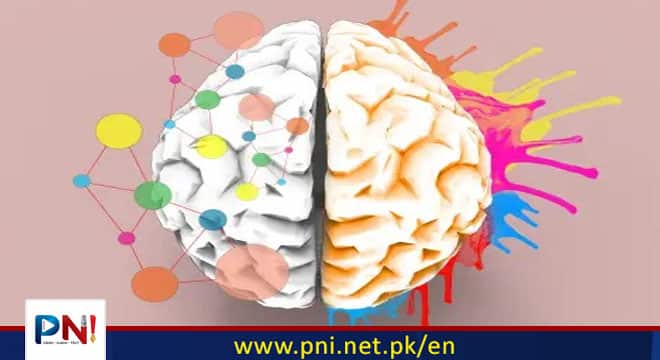ISLAMABAD, Nov. 6,(ONLINE): No matter where you look, you can see evidence of creativity: painters, architects, dancers, Ted Lasso writers (oy!), fashion-forward friends, trick-play coaches, fast-acting surgeons, sand-castle builders, TikTokking fiddlers, Tweeters who can dream a meme, chefs who can figure out 42 unique uses of fig jam, editors who allow writers to use the words fig jam.
Often, we assume that it’s only the tortured artistes of the world who have been blessed with this skill set.
“You don’t have to be a tortured soul to be creative,” said Art Markman, PhD, an associate provost and professor of psychology and marketing at the University of Texas at Austin.
We all use creativity to some degree as part of our daily rhythm of living, thinking, and doing.
In fact, it’s a mistake to pigeonhole “creativity” as only fitting the capital-C creative endeavors, because creativity can be learned, developed, and nurtured – and regularly flexing your creative muscles benefits your brain and overall health.
Brain Power
Can you make yourself smarter? Find out what the experts know about boosting brain power.
The best part: Creativity is limitless. It can be LOUD and BOLD and PUBLIC, but it can also be a whisper, a soft approach to playing with your brain – without an end point, without a product, without a standing ovation or 10,000 likes.
The key?
“It’s the process of creation – the engagement – that improves creativity,” said Christianne Strang, PhD, an assistant professor at the University of Alabama at Birmingham, who is a neuroscientist and an art therapist.
The Link Between Creativity and Health
Strang says creativity does have an adaptive value: If our early ancestors had a problem (cornered by a snarling beast) and a creative solution (hmm, this necklace made of tusk shards makes for a convenient eye-gouging weapon), the better chance we had to survive. While that type of benefit certainly may still exist today for those in life-and-death situations, the adaptive health lesson is that the process of thinking creatively is indeed good for humans.
Years ago, research about creativity and health would seem as implausible as AI writing half this story (it didn’t!). But now there’s a large body of research looking at relationships between creativity and brain health –and the benefits may not stop there.
Follow the PNI Facebook page for the latest news and updates.









